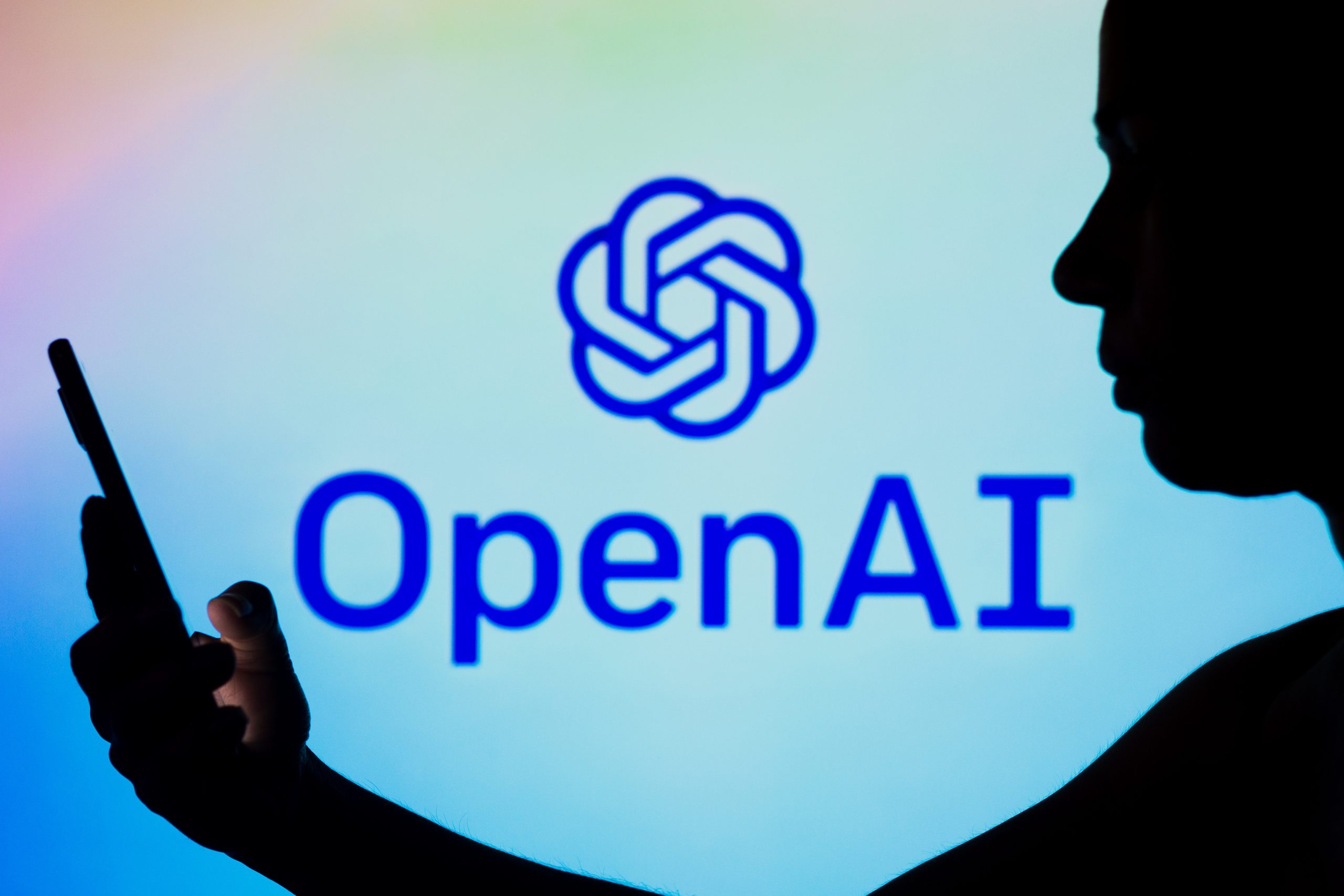
16
Sep
2023
Exploring OpenAI: Benefits, Uses, and Drawbacks in Artificial Intelligence
OpenAI, a groundbreaking artificial intelligence organization, has taken the world by storm with its innovative technologies and research. OpenAI is at the forefront of artificial intelligence research and development, pushing the boundaries of what AI can do. It has garnered significant attention in recent years, not only for its impressive achievements but also for the ethical and societal concerns it raises. Along the way, OpenAI has developed and released numerous AI models and tools that are being utilized in a wide range of applications. In this blog post, we will explore the uses, benefits, and disadvantages of OpenAI's technologies.
Uses of OpenAI
Natural Language Processing (NLP): OpenAI's NLP models, including GPT-3, GPT-4, and beyond, have revolutionized language understanding and generation. They find applications in chatbots, content generation, language translation, and more. This has made it easier to automate content creation and improve human-computer interactions.
Machine Learning Research: OpenAI publishes research papers and releases models that push the boundaries of machine learning. Researchers worldwide use these resources to advance their work, contributing to the rapid growth of AI capabilities.
Education: OpenAI's models, particularly GPT-3, have been employed in educational technology to provide personalized tutoring and assist students with homework and language learning.
Creative Applications: Artists and writers use OpenAI's models to aid in brainstorming ideas, generating art, and even composing music.
Benefits of OpenAI
OpenAI, an artificial intelligence research laboratory, has rapidly gained prominence due to its groundbreaking work in the field of AI. Here are some notable benefits:
Innovation Acceleration: OpenAI's research and development efforts have significantly accelerated innovation in AI. Their work has led to breakthroughs in natural language processing, computer vision, and reinforcement learning, which has had a profound impact on various industries.
Accessibility: OpenAI is committed to making AI accessible. They provide valuable resources, tools, and models to the research community, enabling more people to experiment and develop AI applications.
Language Models: OpenAI has created advanced language models like GPT-3, which can understand and generate human-like text. These models are used in chatbots, content generation, translation services, and more, making human-computer interaction more natural and efficient.
Problem Solving: OpenAI's AI algorithms can tackle complex problems, from medical research to climate modeling. They offer new ways to approach challenges that were previously unsolvable or required significant human effort.
Advanced Automation: OpenAI's technologies enable advanced automation in various industries. This includes natural language processing (NLP), computer vision, and more. OpenAI's technologies can automate tasks, reducing human effort and errors. For example, in customer service, chatbots powered by OpenAI's models can provide instant responses, improving user experience.
Disadvantages of OpenAI
While OpenAI has made substantial contributions to the AI field, there are also concerns and disadvantages associated with their work:
Bias and Fairness: AI models like GPT-3 can inherit biases present in the data they were trained on. This can result in biased or inappropriate responses, reinforcing stereotypes, and creating ethical challenges.
Privacy Concerns: As AI becomes more powerful, there are concerns about how OpenAI's technology might be used to invade individuals' privacy, such as through deep fake generation or data mining.
Job Displacement: Automation enabled by OpenAI's technology can lead to job displacement in certain industries. Workers in jobs that involve routine tasks may find their roles increasingly automated.
Security Risks: OpenAI's advanced models can be used for malicious purposes, such as generating convincing fake content or breaking security systems. These risks need to be managed and mitigated.
Environmental Impact: Training large AI models requires significant computational resources, which can have a substantial environmental impact due to high energy consumption.
Access and Equity: Despite OpenAI's commitment to accessibility, not everyone has equal access to AI advancements. This can exacerbate inequalities in various domains, including education and healthcare.
OpenAI's technologies have an array of uses and benefits that span across various industries. However, they also come with their share of challenges and ethical considerations. As AI continues to evolve, it's crucial to harness the power of these innovations while addressing their disadvantages and ensuring responsible and ethical usage. OpenAI's mission to benefit all of humanity underscores the importance of striking a balance between innovation and responsibility in the AI domain.



